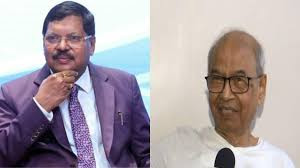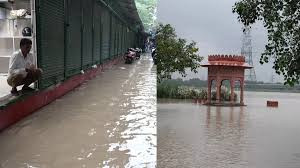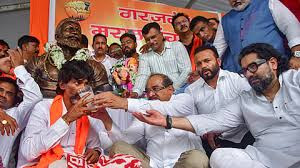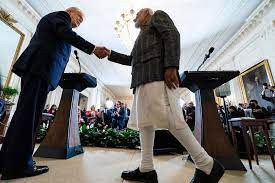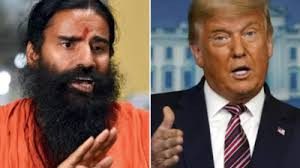Opposition Leaders Stage March from Parliament to Vijay Chowk Protesting Suspension of MPs
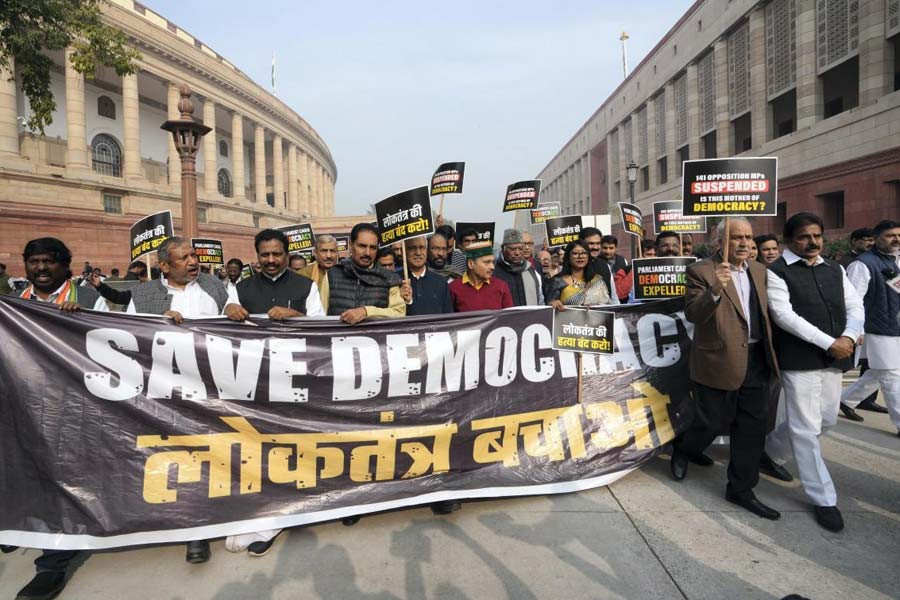
IIE Digital Desk: opposition leaders in India embarked on a march from Parliament to Vijay Chowk to protest against the suspension of several Members of Parliament (MPs). The demonstration, organized in response to the suspension of MPs, has emerged as a symbolic expression of opposition unity against perceived parliamentary measures.
The leaders, representing various political parties, gathered in a show of solidarity to voice their objection to the suspension of MPs, which they argue stifles the democratic process. The suspension of parliamentarians has been a contentious issue, sparking debates on the limits of parliamentary decorum and the right to express dissent within democratic institutions.
The march, a visual representation of the opposition's discontent, draws attention to the broader concerns surrounding parliamentary proceedings and the role of dissenting voices in the democratic process. Opposition leaders contend that the suspension of MPs limits the representation of diverse viewpoints and undermines the essence of a vibrant democracy.
The demonstration has not only captured the attention of the political landscape but has also resonated with the public, sparking discussions about the state of parliamentary affairs and the need for constructive dialogue. The opposition leaders' march to Vijay Chowk serves as a powerful statement on the importance of preserving democratic principles and fostering an inclusive environment within the parliamentary framework.
As the march unfolds, the opposition leaders aim to convey a message beyond the confines of Parliament, emphasizing the significance of preserving democratic norms and facilitating meaningful discourse. The event underscores the dynamic nature of political expression in India and highlights the ongoing dialogue regarding the balance between parliamentary discipline and the right to dissent in a democratic society.
You might also like!





